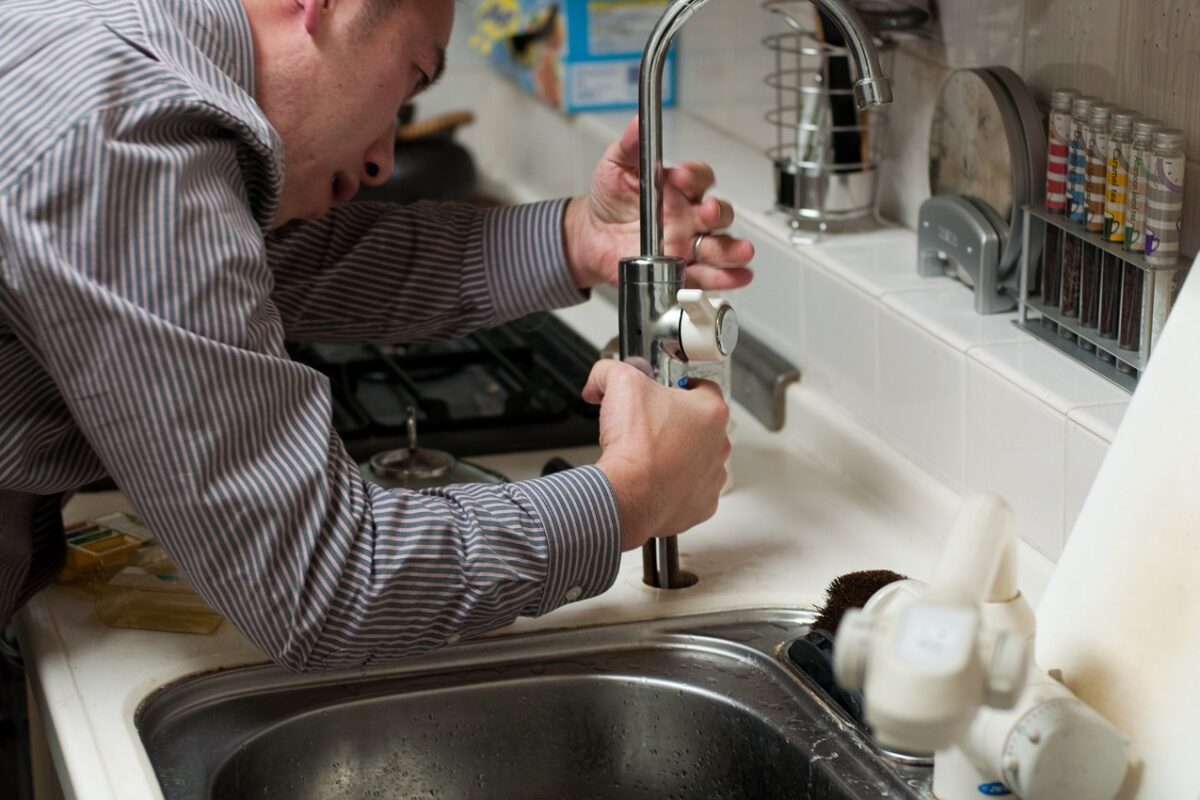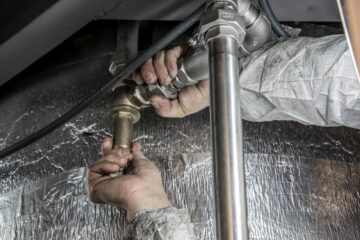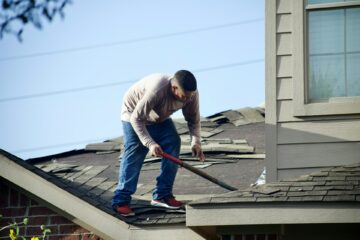Table of Contents
- Introduction to Regular Plumbing Inspections
- Prevent Major Plumbing Issues
- Improve Water Efficiency
- Boost Property Value
- Maintain Health and Safety
- Save on Emergency Repairs
- The Role of Professional Plumbers
- Steps for Conducting a Plumbing Inspection
Introduction to Regular Plumbing Inspections
Homeowners often need to pay more attention to regular plumbing inspections. Yet, these proactive measures can play a crucial role in preventing costly emergencies and extending the lifespan of your plumbing system. For instance, a plumber Hillsboro can help you identify potential issues before they escalate. Ignoring the need for regular reviews and maintenance can lead to severe problems, which might require extensive and expensive repairs later.
Understanding the importance and benefits of regular inspections can revolutionize how you approach home maintenance and plumbing care, ultimately saving you significant money in the long run.
Prevent Major Plumbing Issues
Spotting minor problems before they worsen can lead to substantial savings and reduced anxiety. For example, a small unchecked leak can lead to extensive water damage, such as swollen, rotting cabinets and mold growth. Regular inspections help catch these problems early, preventing costly repairs and disruptions to your routine. They provide peace of mind by addressing minor issues before they become major plumbing problems like burst pipes or sewage backups.
Improve Water Efficiency
Leaks and inefficient systems can significantly increase your water bill. Regular inspections help identify and address outdated fixtures, malfunctioning toilets, or hidden wastewater leaks. Fixing these problems reduces water usage, leading to cost savings and environmental benefits. The EPA reports household leaks can waste nearly 10,000 gallons of water annually. Addressing these leaks conserves water, saves money on utility bills, and enhances your plumbing system’s efficiency and longevity.
Boost Property Value
An adequately maintained plumbing system is a valuable investment to increase a home’s worth and attract potential purchasers. Homes with a history of routine plumbing maintenance and a thorough inspection report often command higher prices and face fewer issues during the sale process. Buyers appreciate good upkeep and a documented maintenance history, boosting their confidence in the property’s condition and facilitating a smoother sale.
Maintain Health and Safety
Maintaining your plumbing system in good condition is crucial for preventing health hazards such as mold growth and sewage contamination and ensuring home safety. Regular inspections safeguard your household’s well-being by detecting issues before they cause problems. Undetected leaks can lead to mold growth, triggering allergies and respiratory issues, especially in those with asthma or weakened immune systems. Faulty sewer lines can cause backflow, contaminating drinking water with harmful bacteria and chemicals. Regular plumbing inspections help prevent these risks by ensuring the integrity and cleanliness of your water supply.
Save on Emergency Repairs
Emergency plumbing repairs are typically more expensive than regular maintenance. Scheduled inspections can catch issues early, reducing the need for costly emergency repairs like burst pipes or sewage backups. Such emergencies can lead to high service fees, property damage, and increased stress and disruption. Regular maintenance helps avoid these costly and inconvenient situations, ensuring your plumbing system remains in good condition and minimizing unexpected repair costs.
The Role of Professional Plumbers
When a plumbing crisis strikes, having access to an emergency plumber can be a true lifesaver. Whether it’s a burst pipe, overflowing toilet, or sudden water heater failure, these urgent issues require immediate attention to prevent further damage and costly repairs. Emergency plumbers in Adelaide are trained to respond quickly and efficiently, equipped with the skills and tools necessary to tackle any plumbing disaster.
Skilled plumbers utilize their knowledge and specialized equipment to perform detailed assessments and suggest repairs. While anyone can detect visible leaks, experienced plumbers use specialized equipment—like cameras for sewer lines and electronic leak detection devices—to identify hidden issues within walls or under floors. Their comprehensive analysis ensures accurate and effective detection of even the most concealed plumbing problems.
Steps for Conducting a Plumbing Inspection
- Check visible pipes for signs of leaks or corrosion.
- Test water pressure in different parts of the house.
- Inspect drains for blockages and slow draining.
- Examine the water heater for signs of wear or leaks.
- Review the condition of fixtures and faucets.
These steps are fundamental parts of maintaining a healthy plumbing system. Regularly examining visible pipes can help catch any signs of corrosion or leaks early. Testing water pressure ensures that your system is running efficiently and that no blockages are starting to form in the pipes. Inspecting drains and determining the cause of slow drainage can prevent more giant clogs and significant plumbing issues. Checking the water heater can help ensure it operates efficiently and has a longer lifespan.




